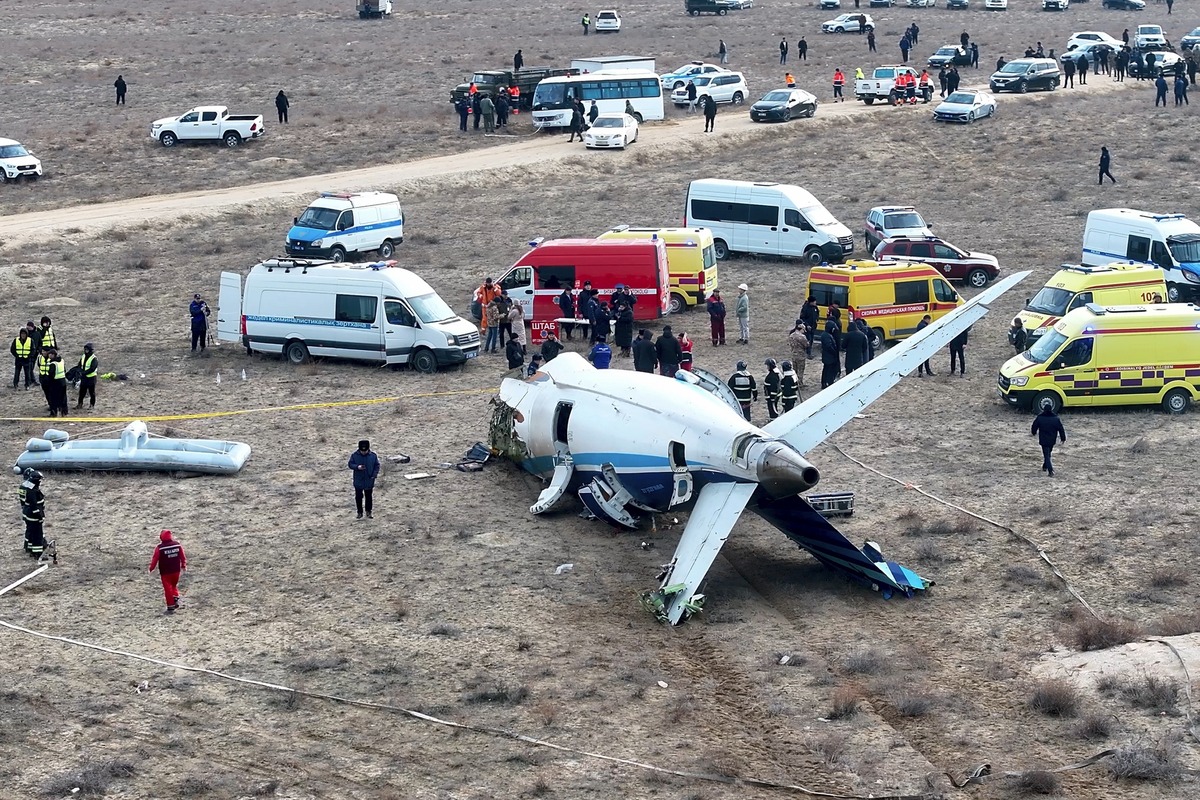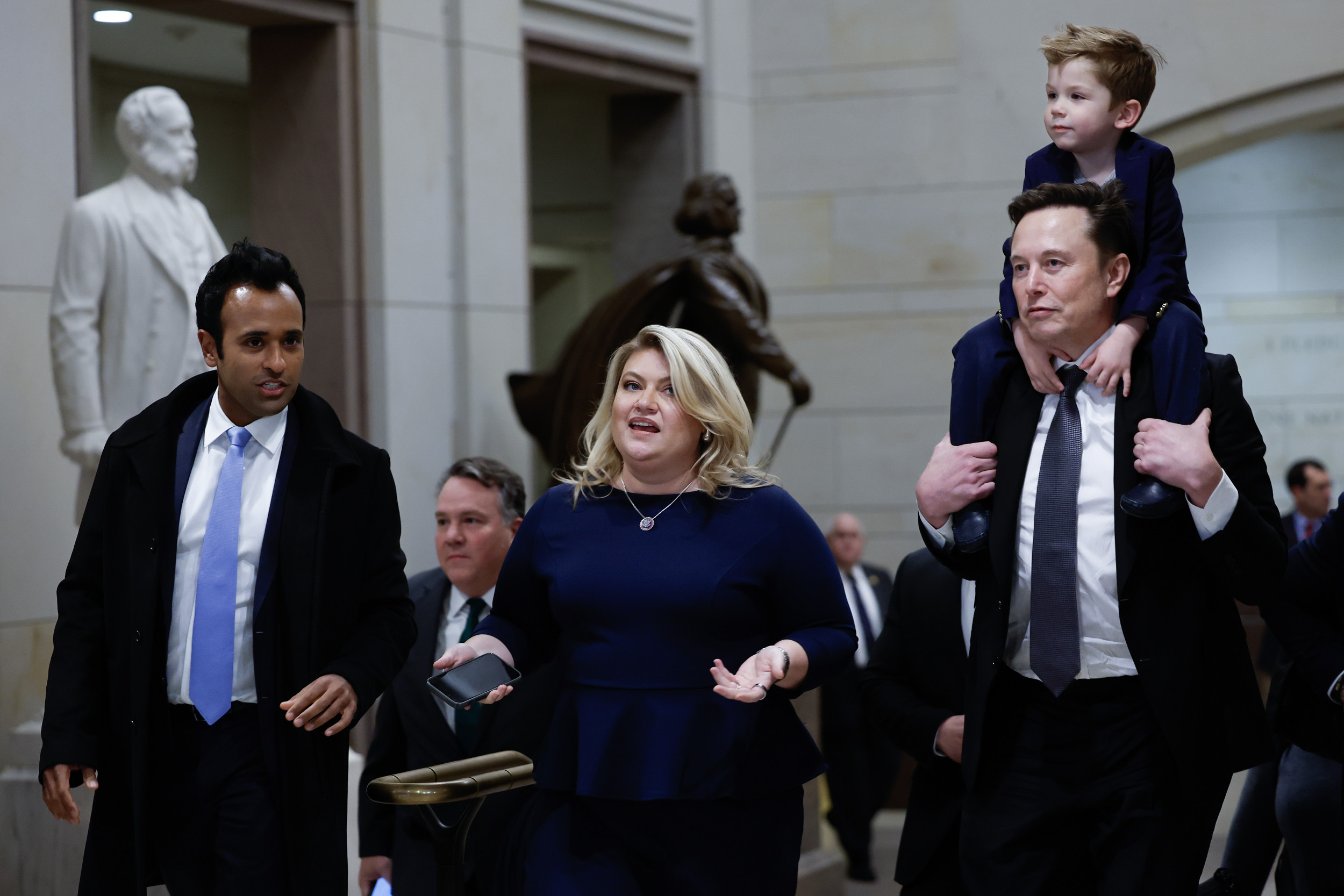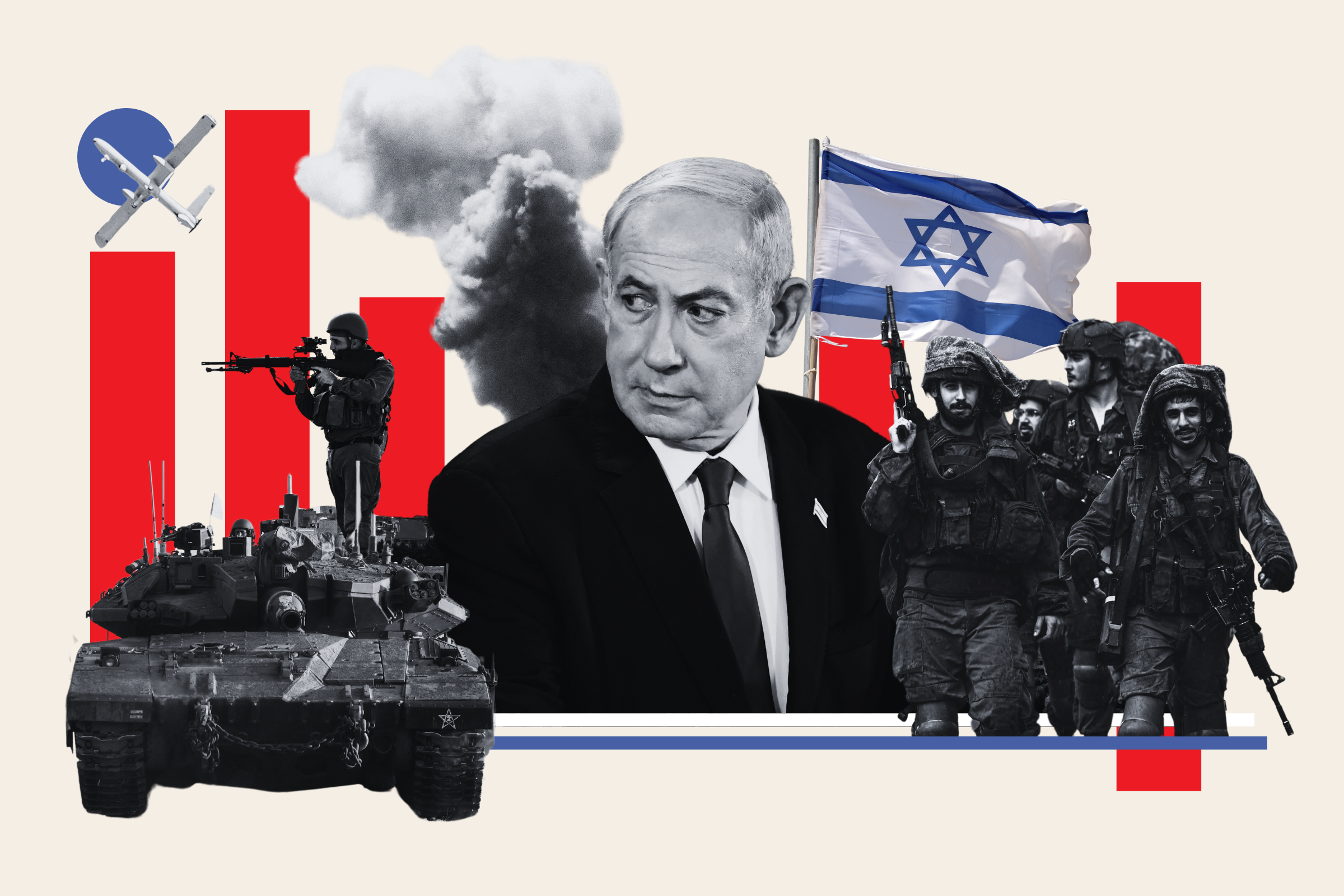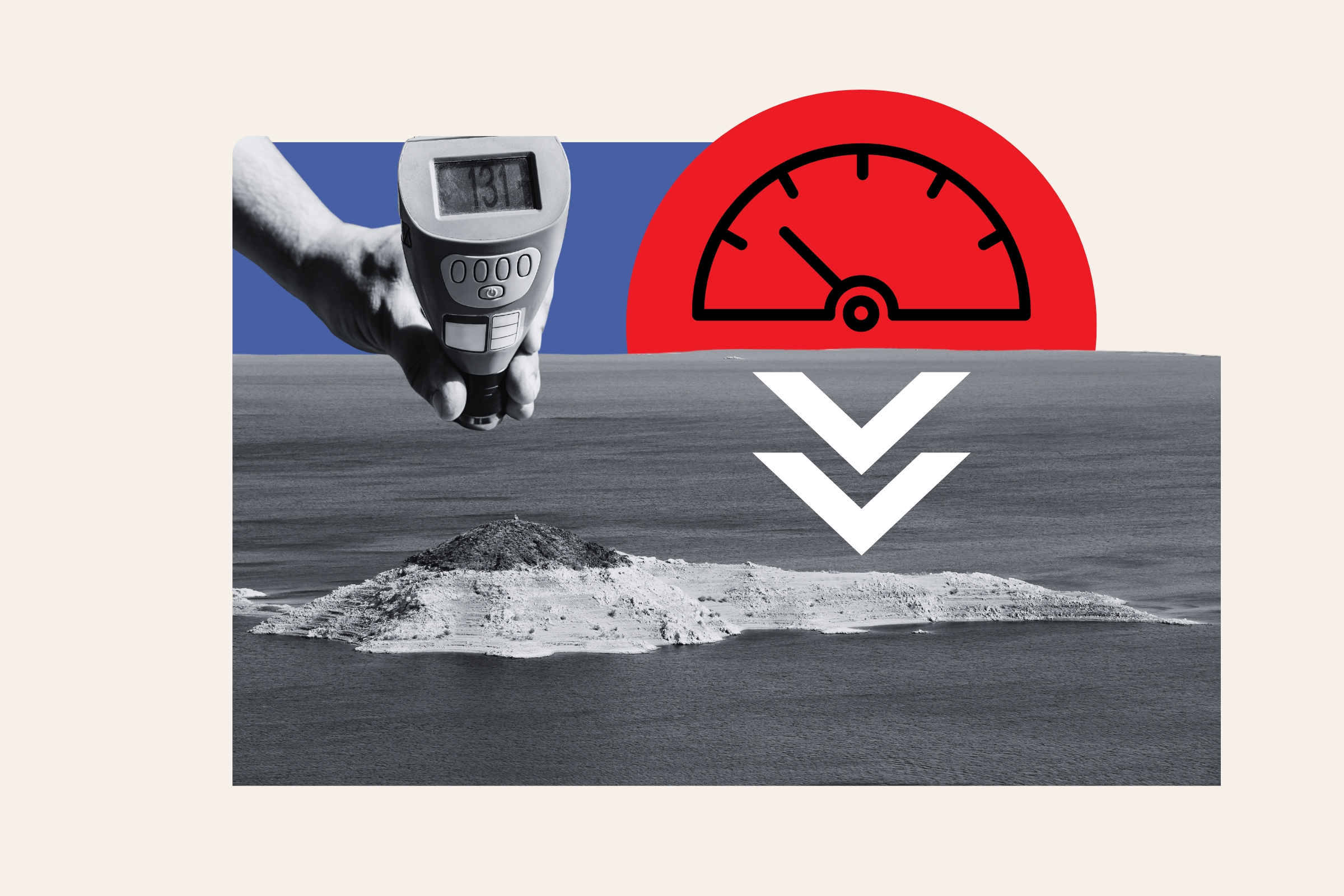The United States on Wednesday launched its first Space Force unit in Japan to enhance the alliance's defense and deterrence amid threats from Russia, China, and North Korea.
The U.S. Space Forces Japan was activated during a ceremony held at Yokota Air Base, which is located to the west of Tokyo, the capital city of Japan. It is a field component under the U.S. Space Forces Indo-Pacific and is subordinated to the U.S. Forces Japan.
The new Japan-based U.S. military unit will bolster the host country's space surveillance and missile warning capabilities, Japanese news agency Kyodo News reported, as well as ensure smooth coordination with the Space Operations Group of the Japanese Air Force. Newsweek has reached out to the Russian and Chinese defense ministries, as well as the North Korean embassy in the Chinese capital city of Beijing, for comment via email.
It will deepen collaboration and synchronization between the U.S. and Japan in national security, said Brigadier General Anthony Mastalir, the commander of the U.S. Space Forces Indo-Pacific. He cited threats from Russia, China, and North Korea to regional stability.

In February, the White House confirmed that Russia has obtained a "troubling" emerging antisatellite weapon after the House Intelligence Committee Chairman Mike Turner said a Russian space-based nuclear weapon constituted a serious national security threat.
In October, General B. Chance Saltzman, the U.S. Space Force chief of space operations, said in an interview with POLITICO that the rapid development of Chinese space-based military systems is more concerning than the possible Russian nuclear weapons in space.
In North Korea, following the successful launch of its first spy satellite in November last year, Pyongyang has vowed to put several more spy satellites in the Earth's orbit by the end of this year, aiming to make the nuclear-armed country a "space power."
The U.S. Space Force was established as the sixth branch of the U.S. military in December 2019. It aims to pursue superiority and to protect and defend America's interests in space as threats posed by strategic competitors, Russia and China, in this domain are growing.
"Our space capabilities will help deter adversary aggression and help protect the allied forces," said Colonel Ryan Laughton, the commander of the U.S. Space Forces Japan.
Lieutenant General Stephen Jost, the head of the U.S. Forces Japan, said his forces are committed to working hard with their Japanese counterparts in the space domain, as well as looking for opportunities to integrate this domain into the alliance's deterrence efforts.
During their meeting last month in the Australian city of Darwin, the defense chiefs of the U.S. and Japan affirmed their commitment to further bilateral space cooperation, including on the development of low Earth orbit satellites to counter threats of hypersonic missiles.
A hypersonic weapon can travel at Mach 5 or faster—at least five times the speed of sound—and maneuver within the atmosphere during its flight to the target. Russia, China, and North Korea have claimed that they have this type of weapon in service.
This was the second time the U.S. Space Force set up a unit in an Indo-Pacific country, which is the priority theater for the Pentagon. It activated the U.S. Space Forces Korea in December 2022, where South Korea faces nuclear and missile threats from the North.
Japan and South Korea are security treaty allies of Washington, where 54,000 and 28,500 American troops are stationed, respectively. The U.S. also provided extended deterrence to both allies, committing to using its full range of military capabilities, including nuclear.






.png)













 English (US) ·
English (US) ·